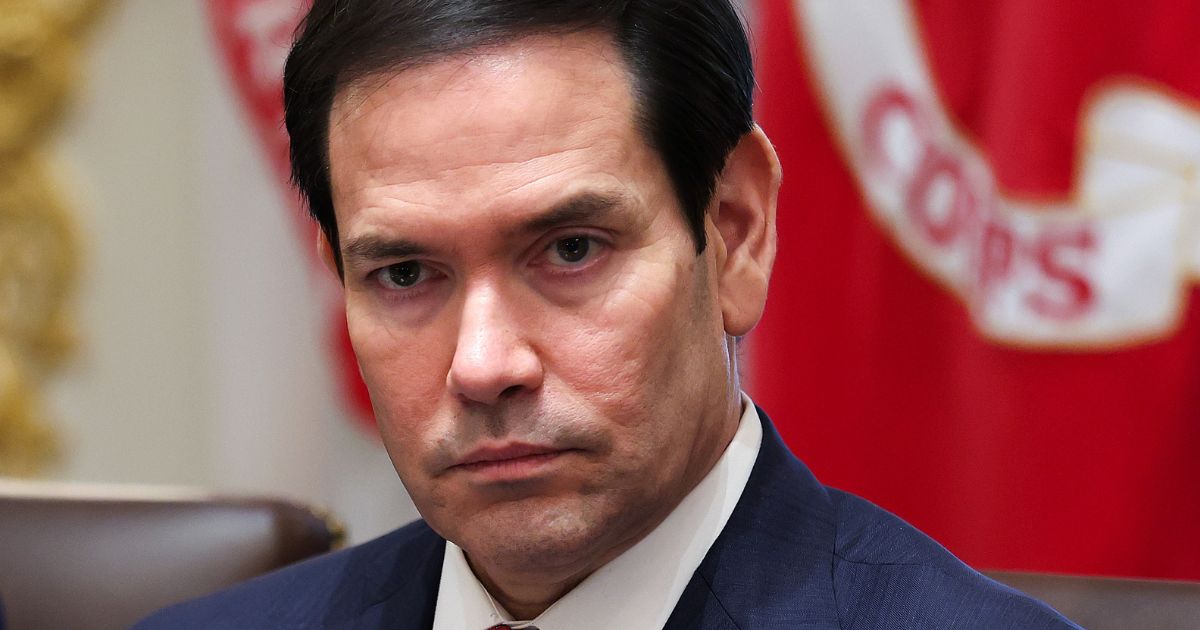Secretary of State Marco Rubio on Sunday called for the immediate release of nearly three dozen Christian leaders detained in a sweeping operation by the Chinese Communist Party (CCP), marking one of the most severe crackdowns on underground churches in decades.
The detentions targeted members of Zion Church, an unregistered house church network, during coordinated overnight raids across multiple Chinese cities over the weekend, according to a BBC report. Among those taken into custody was Mingri “Ezra” Jin, a prominent minister and founder of the church.
In a statement, Zion Church decried the arrests as “systematic persecution” that constitutes “not only an affront to the Church of God but also a public challenge to the international community.”
The BBC noted that Christians in China frequently face pressure to join state-sanctioned religious institutions, which operate under CCP oversight and are barred from criticizing the Party. House churches, such as Zion Church, operate outside of this framework and have long faced scrutiny.
Rubio condemned the crackdown in a strongly worded statement, emphasizing the broader implications for religious freedom. “The recent detention of dozens of leaders of the unregistered house Zion Church further demonstrates how the CCP exercises hostility toward Christians who reject Party interference in their faith and choose to worship at unregistered house churches,” he said. “We call on the CCP to immediately release the detained church leaders and to allow all people of faith, including members of house churches, to engage in religious activities without fear of retribution.”
The arrests come amid ongoing tensions between the United States and China over trade, tariffs, and geopolitical competition, raising concerns that religious persecution could become a point of contention in broader diplomatic discussions. U.S. officials, particularly under the Trump administration, have increasingly highlighted the plight of Christians and other religious minorities worldwide, signaling that the detained leaders may factor into upcoming negotiations.
At a news conference, Chinese Foreign Ministry spokesperson Lin Jian claimed he was unaware of the arrests. “The Chinese government governs religious affairs in accordance with the law and protects the religious freedom of citizens and normal religious activities,” Lin said. He added that Beijing “firmly opposes the U.S. interfering in China’s internal affairs with so-called religious issues,” framing the matter as a domestic concern.
Despite persistent state pressure, Christianity in China continues to grow. Jin founded the Zion Church in 2007 with just 20 members. Today, the network reportedly encompasses roughly 10,000 followers across 40 cities. While Jin has been barred from leaving China, his wife and children live in the United States for safety.
The crackdown also reflects long-standing expectations imposed by Chinese President Xi Jinping, who stated during a 2016 conference that religious citizens must “protect the unification of their motherland and serve the overall interests of the Chinese nation.”
The detention of Jin and other church leaders underscores the widening chasm between the Chinese government’s strict oversight of religious life and international calls for greater religious freedom—a dynamic that experts warn could have lasting implications for U.S.-China relations.

